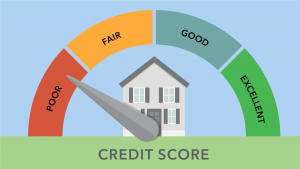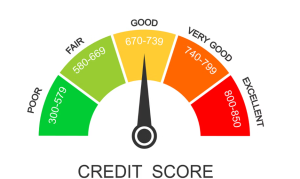Debt Challenges: Unveiling Your Rights When Falling Behind
3 min read
Introduction
Falling behind on debts can be a stressful and overwhelming experience, but it’s crucial to remember that you have rights and protections in place. This article aims to shed light on the rights individuals have when facing financial challenges and falling behind on debts. From understanding the debt collection process to knowing your rights during negotiations, this guide empowers you to navigate difficult financial situations with confidence.
Fair Debt Collection Practices Act (FDCPA): Your Shield Against Harassment
The Fair Debt Collection Practices Act (FDCPA) is a vital piece of legislation that protects consumers from abusive and unfair debt collection practices. This section explores the key provisions of the FDCPA, such as restrictions on communication, guidelines for written communication, and the prohibition of deceptive practices. Understanding the FDCPA is crucial for recognizing and addressing any violations by debt collectors.
Verification of Debt: Exercising Your Right to Accuracy
When faced with debt collection efforts, you have the right to request verification of the debt. This part of the article delves into the importance of exercising this right and the process of requesting validation. Verifying the debt ensures that you are being pursued for a legitimate and accurate obligation, giving you the power to challenge any discrepancies.
Cease and Desist: Putting an End to Harassment
Individuals have the right to request that debt collectors cease communication. This section provides insights into the cease and desist letter, a powerful tool to stop unwanted calls and letters. It explores the exceptions to this rule and the potential consequences of using this right, emphasizing the importance of maintaining control over communication.
Negotiating Repayment: Your Right to Fair Terms
When negotiating repayment plans, it’s essential to be aware of your rights. This part of the article discusses the right to fair and reasonable terms during negotiations with creditors. It explores the importance of understanding the details of any proposed agreements, including interest rates, fees, and potential impacts on credit scores.
Protection Against Unfair Practices: Recognizing Your Safeguards
Consumers have the right to be treated fairly throughout the debt collection process. This section helps you recognize and understand protection against unfair practices, such as deceptive representations or threats. Recognizing these safeguards empowers you to assert your rights and protect your financial well-being.
Statute of Limitations: Knowing Your Reprieve
Debts have a statute of limitations, a timeframe within which legal action can be taken. This part of the article explores the concept of the statute of limitations and how it can be a reprieve for individuals facing old debts. Understanding this limitation is essential for assessing the potential legal consequences of outstanding debts.
Legal Actions: Defending Yourself
If legal actions are taken against you, it’s crucial to know your rights in defending against such actions. This section provides insights into the legal process, potential defenses, and the importance of seeking legal advice when facing a lawsuit. Understanding your rights during legal proceedings is key to protecting your interests.
Conclusion
Falling behind on debts can be a challenging experience, but being aware of your rights empowers you to navigate this difficult terrain. This article has explored various aspects of your rights, from the protections offered by the Fair Debt Collection Practices Act (FDCPA) to the right to verify debt, cease communication, negotiate fair terms, be protected against unfair practices, understand the statute of limitations, and defend yourself in legal actions. By being informed and assertive, you can face debt challenges with confidence and work towards a solution that aligns with your financial well-being.






